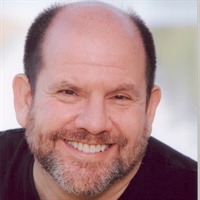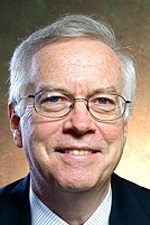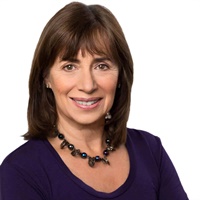Information
CC21 Panel 03 - Couple Sensitive Individual Therapy : The Interface Between Couples and Individual Therapy - Stan Tatkin, PsyD; William Doherty, PhD; Ellyn Bader, PhD
Original Program Date :
Jun 06, 2021 (PST)
Length: 1:00:44
Description: The panel examines the intricate dynamics between individual and couples therapy, revealing potential pitfalls in therapeutic approaches. Experts discuss how individual therapists can unintentionally harm relationships, with research showing many diagnose unseen partners and suggest relationships are irreparable. The discussion emphasizes collaboration, systemic understanding, and the importance of communication between therapists to support couples effectively.
Syllabus Description: Issues in individual therapy can affect primary relationships. Therapists should be sensitive to such issues.
Educational Objectives:
- Describe three ways therapists handle the dilemma of working with individual partners in couples therapy.
- Describe 3 ways therapists can approach an individual patient who has couples concerns.
- Indicate how a couple can be empowered even when therapy is with an individual.
*Sessions may be edited for content and to preserve confidentiality*
Stan Tatkin, PsyD, MFT

Stan Tatkin, PsyD, MFT, is a clinician, researcher, teacher, and developer of A Psychobiological Approach to Couple Therapy (PACT®). He has a clinical practice in Calabasas, CA, where he has specialized for the last 15 years in working with couples and individuals who wish to be in relationships. He and his wife, Tracey Boldemann-Tatkin, developed the PACT Institute for the purpose of training other psychotherapists to use this method in their clinical practice.
William Doherty, PhD

William J. Doherty is an educator, researcher, therapist, speaker, author, consultant, and community organizer. He is Professor and Director of the Marriage and Family Therapy Program in the Department of Family Social Science, College of Education and Human Development, at the University of Minnesota, where he is also an adjunct Professor in the Department of Family Medicine and Community Health.
Ellyn Bader, PhD

Ellyn Bader, PhD, is a founder and director of The Couples Institute in Menlo Park, California. As a clinical psychologist, workshop leader, author, and speaker, she is dedicated to helping couples create extraordinary relationships. Over the past 30 years she has trained therapists in couples therapy throughout the United States as well as Europe, Asia, South America, and Australia. She served as a Clinical Faculty in Stanford University School of Medicine for 8 years.

